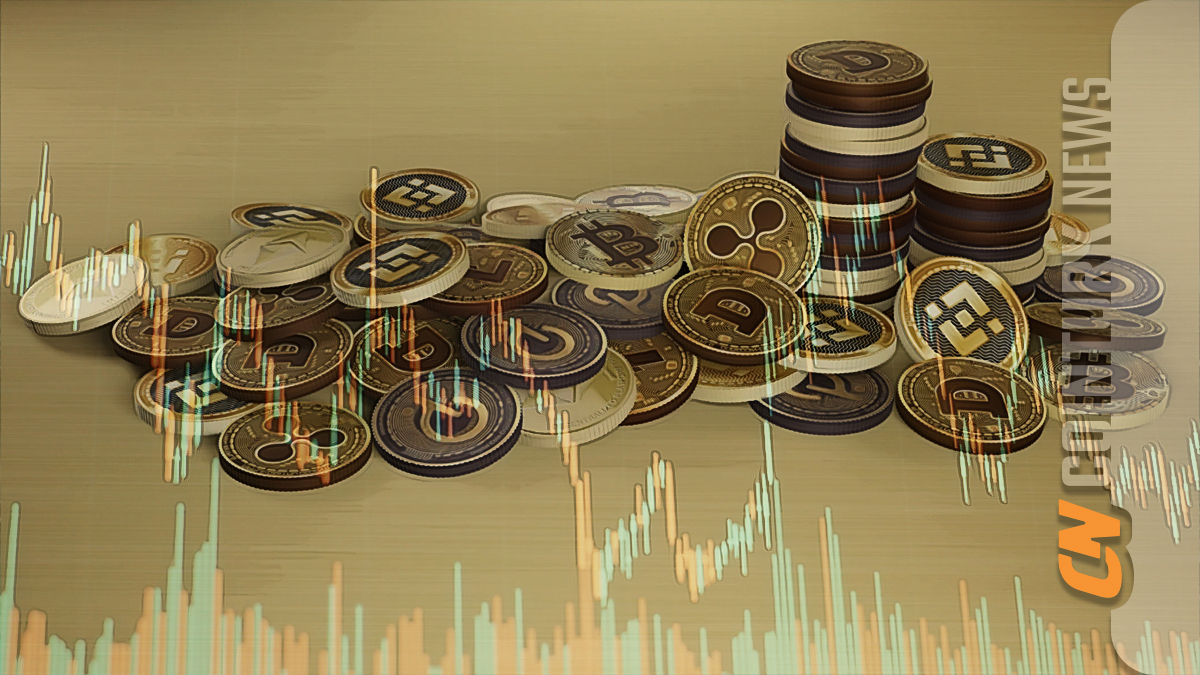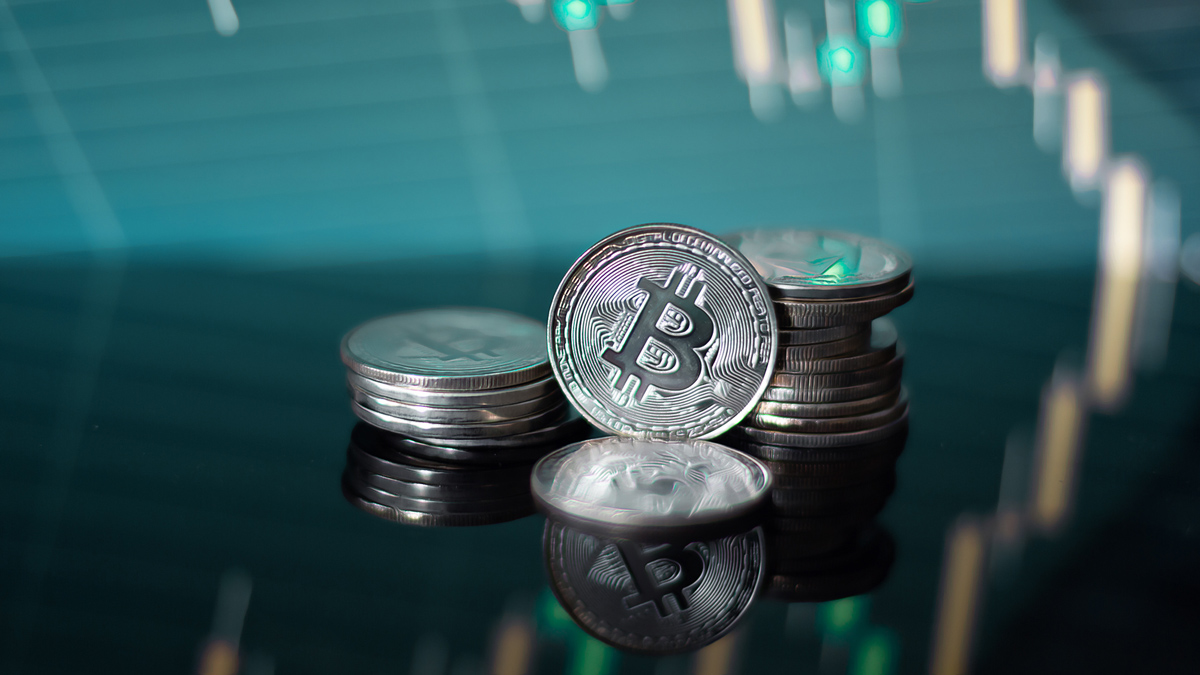PayPal’s billionaire co-founder and one of Bitcoin‘s (BTC) early supporters, Peter Thiel, shared his changing perspective on cryptocurrency during his latest interview with CNBC at the Aspen Ideas Festival. Thiel, despite making a small investment in Bitcoin, expressed doubts about its future and its ability to fulfill its original vision.
Has Bitcoin Strayed from Its Ideals?
Thiel began by questioning Bitcoin’s fundamental ideals, which he stated are based on cypherpunk, crypto-anarchist, libertarian, and anti-central government principles. Thiel highlighted that even FBI agents have indicated they prefer dealing with criminals using Bitcoin rather than cash. According to Thiel, this suggests that Bitcoin may not be functioning as initially intended.
Thiel’s comments also included a prediction of volatility for Bitcoin. He expressed doubts about dramatic price increases in the near future, stating that there would be a “bumpy ride” ahead. Despite holding a small position in Bitcoin, he voiced skepticism about significant price increases, especially considering Bitcoin’s recent inclusion in ETFs and uncertain demand from new investors.
BTC May Have Been Taken Over by Traditional Financial Powers
Elaborating on his doubts, Thiel spoke about his ideological commitment to a decentralized future in computing. He mentioned that he had long seen Bitcoin as a perfect tool for this vision but now his perspective has changed. Thiel suggested that Bitcoin might have been taken over by traditional financial powers, thus diluting its original purpose.

This interview sparked significant discussions within the Bitcoin community. Many experts took to X to debate Thiel’s remarks. Most accused media accounts related to Bitcoin of misrepresenting Thiel’s statements as clickbait.
In this environment, Bitcoin, the flagship of cryptocurrencies, showed mixed market performance. During Thiel’s interview, Bitcoin was trading at $60,000, a significant support level. However, challenges continued with Bitcoin miners rapidly selling their holdings and a noticeable drop in the network’s hash rate, posing potential security risks for the cryptocurrency.

 Türkçe
Türkçe Español
Español









